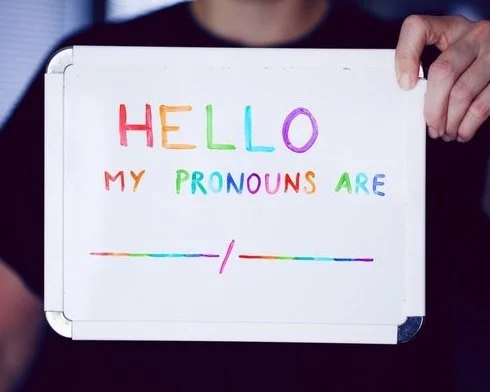Hypervigilance is real. It’s smart to stay prepared and aware. But you don't want to overdo it. Maybe your experience has been traumatic. Perhaps you've been unfortunate enough to have endured a previous traumatic event. If so, it makes sense that you might feel particularly alert for a period of time. The fact is that it takes time to heal.
PTSD Relapse: Signs, Symptoms and Treatment
How to Deal With PTSD Flashbacks
What To Know About Delayed Onset PTSD and How to Cope
Are Childhood Trauma and Eating Disorders Connected?
Is There a Connection Between Neurodivergence and Eating Disorders?
Neurodivergent people can struggle with eating disorders just like their neurotypical counterparts. But does that mean you’re more likely to develop one? Or do you just have a different relationship with food and eating? Are your irregular eating patterns different from eating disorders or are they the same thing and you just didn’t know?
How to Identify If a Child Is Questioning Their Gender
Depressed After College Graduation? You Aren’t Alone
Can Episodes of Depersonalization Be Caused by Anxiety?
Can Reparenting Yourself Help Ease Anxiety?
How to Stop PTSD Nightmares
What is EMDR Therapy for PTSD?
How EMDR Works for Complicated Trauma
4 Ways to Overcome Sex Anxiety
Post-Covid: How Lifting Restraints Might Affect Anxiety
Healing From Birth Trauma
Understanding the Lasting Effects of Birth Trauma
What is Financial PTSD?
4 Ways to Deal With Anxiety As a POC
BIPOC carry additional risk factors compared to the average white American impacting onset of anxiety. Top that with certain stigmas that are carried as well; it can be hard to navigate and feel very lonely. Learning how to manage anxiety when it occurs is key to getting through it. Here are some ways to start.





















